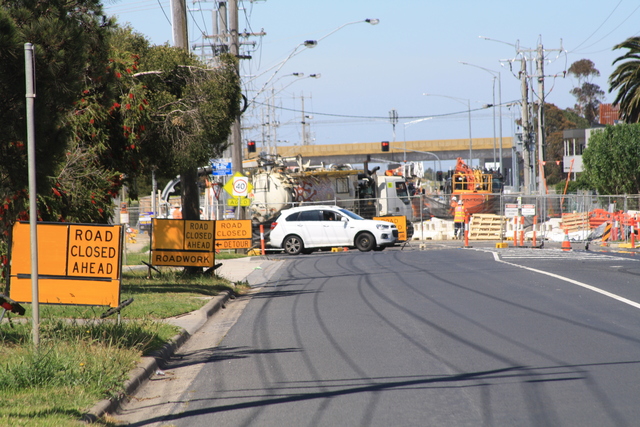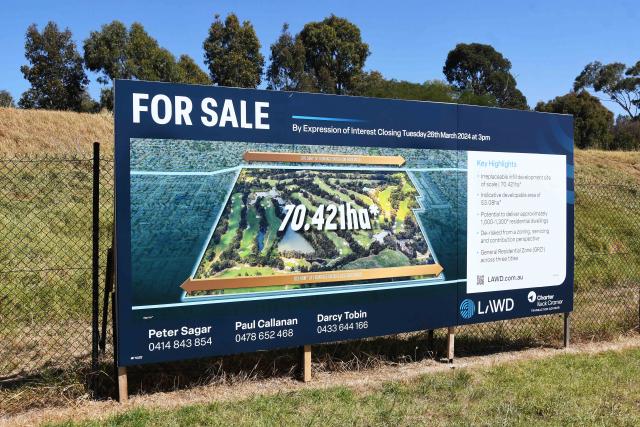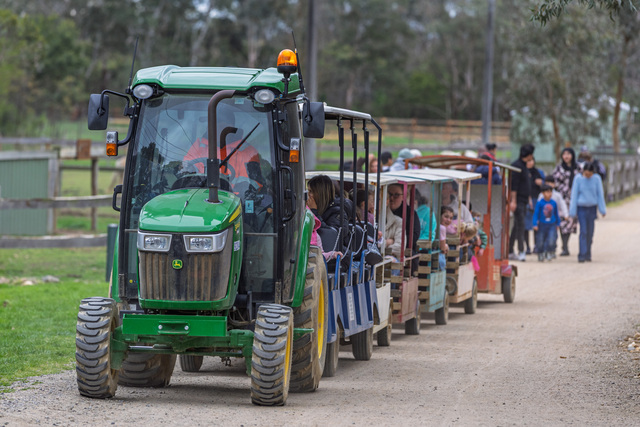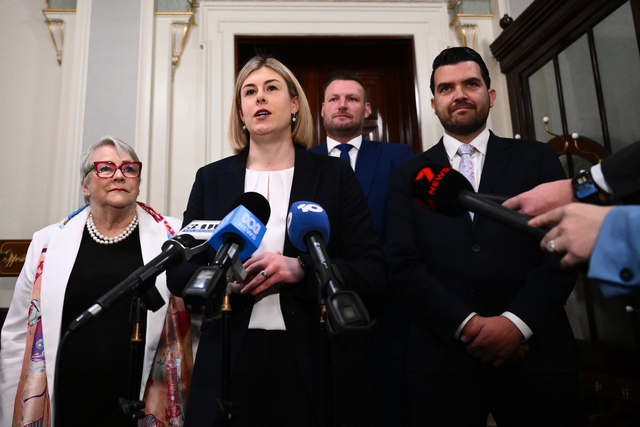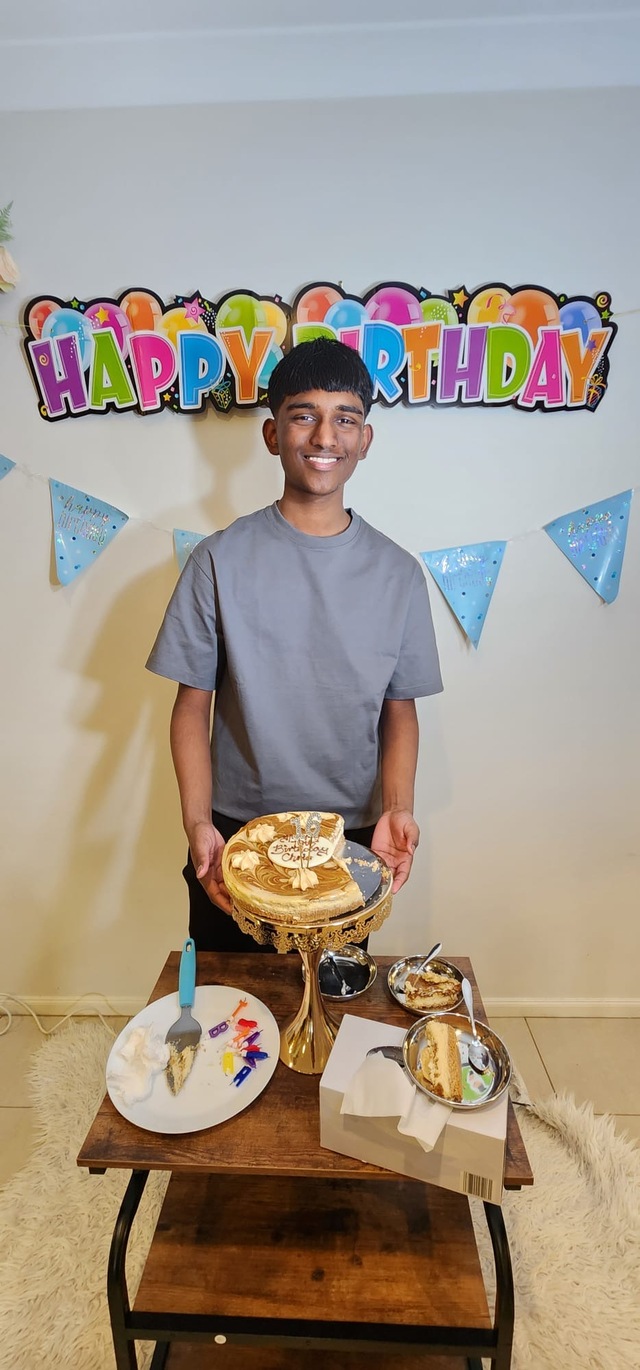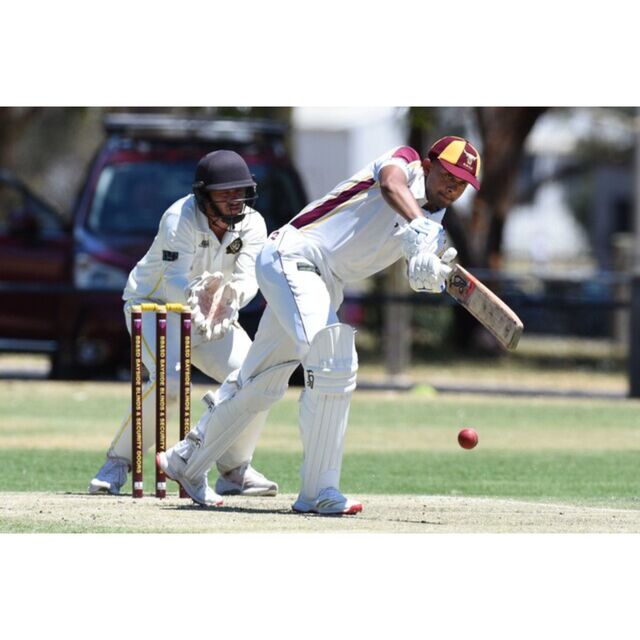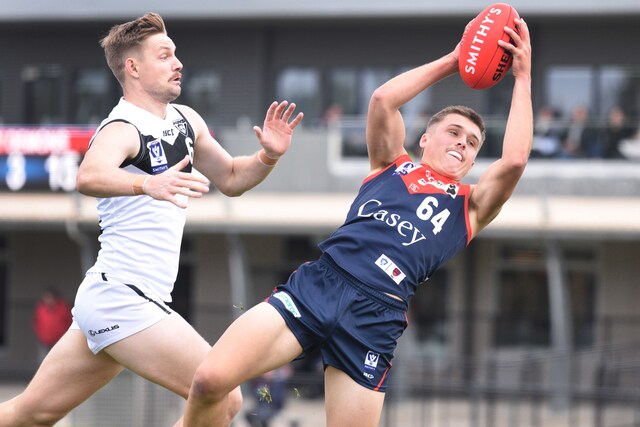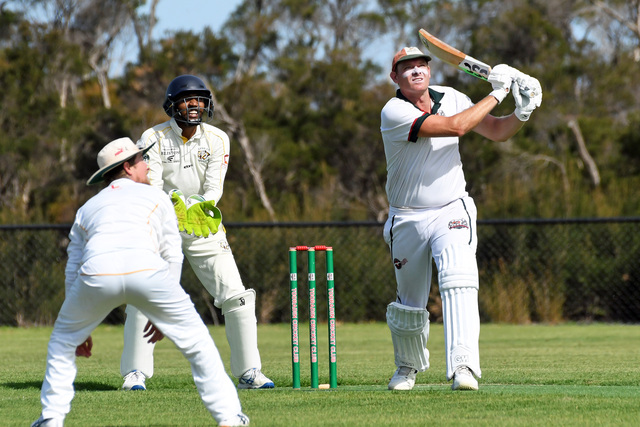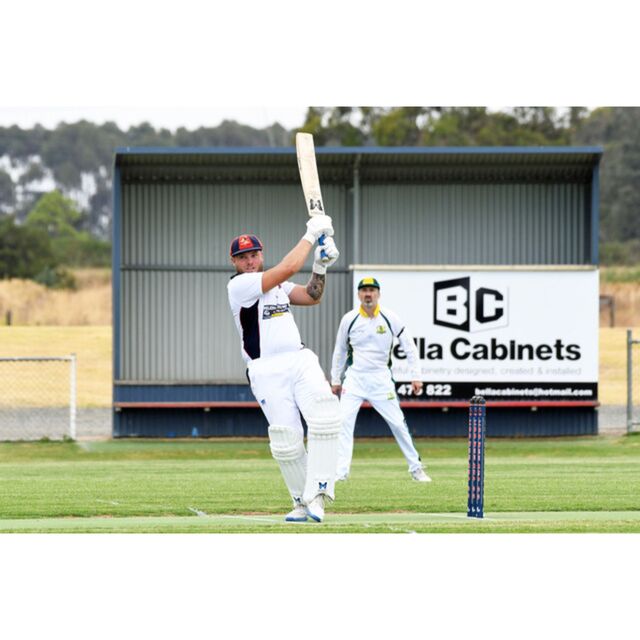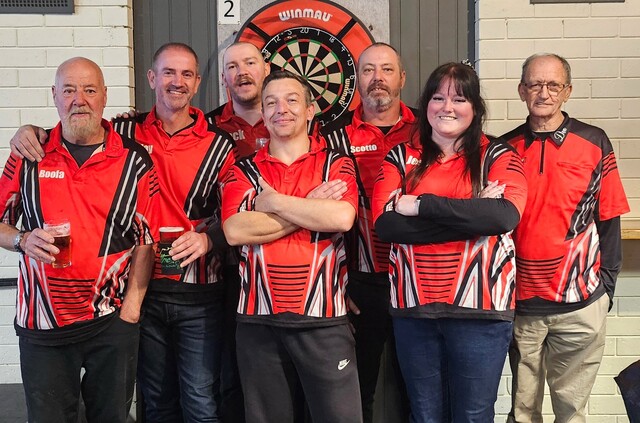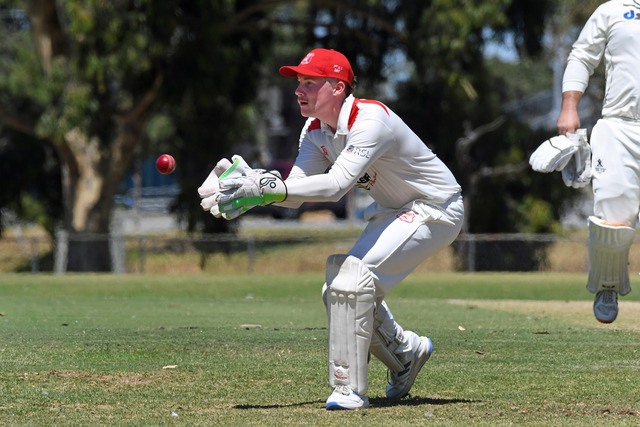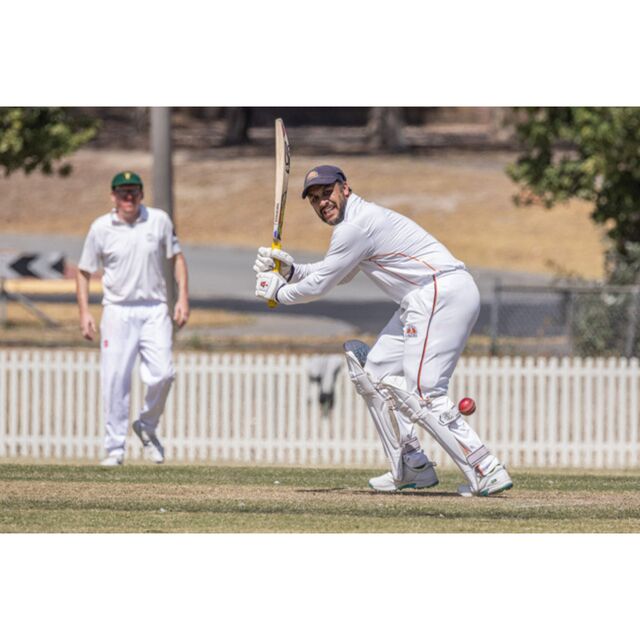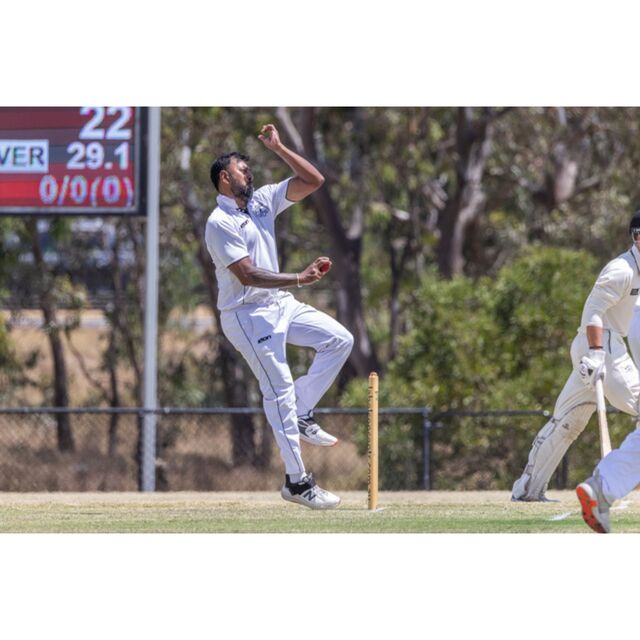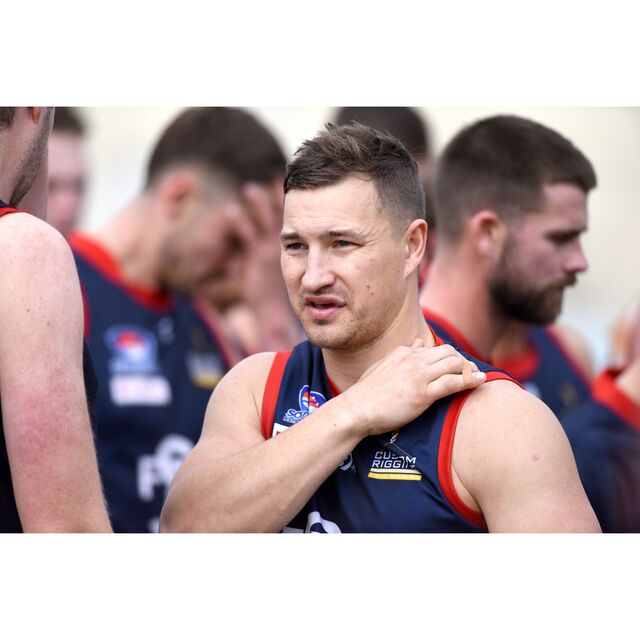By Bridget Cook
FAMILY and friends gathered in Blind Bight last month to celebrate the 100th anniversary of the birth of a pioneer of the village.
On Saturday 5 February, descendants, from Victoria, Queensland, Western Australia and New South Wales, relatives and friends of Reginald Carter gathered at the Blind Bight Community Centre for the reunion.
Mr Carter, who died at the aged of 85, lived most of his adult life in the area.
Born on 5 February 1911 at Thougla, Mr Carter moved to Dandenong as a teenager.
With work hard to find during the Depression years, he went off with his cousins prospecting up in Gippsland for a couple of years.
As the Depression was ending, he returned to Melbourne to work at Cotton Dressings for several years.
In April 1939, Mr Carter married Mary Theo Howells at St James Old Cathedral in West Melbourne. She was a private nurse and also served with the Australian Army Medical Women’s Service.
Mr Carter joined the army in Dec 1941 and in July 1942 was transferred to Puckapunyal.
He was in and out of various training regiments, finally being moved into the 2/4 Light Anti-Aircraft Regiment as a gun layer.
Mr Carter undertook further training on the Atherton Tablelands in Queensland, prior to extensive service in New Guinea.
He gained his discharge from the Army in November 1945 after the war had finished.
The couple started their family, which grew to seven children over the years.
Geoff, John, Lyn, Charmaine, George, Maryann and Fiona were born between 1946 and 1955.
As a result of his army service, Mr Carter qualified through a ballot to buy 365 acres of virgin crown land at Warneet, Blind Bight, under a soldier settlement scheme at the end of the war.
The price was one pound per acre, with the requirement that the land was to be fully fenced within three years and a residence built within about seven years.
It was all bushland with tall gums, paper barks and lots of bracken with an abundance of native wildlife.
The existing road to Warneet had to be realigned to allow property to be fenced around the perimeter.
There was also a natural swamp that provided fresh, but brackish, water.
Mr Carter had purchased a Howard tractor when he was on a 10-acre property in Devon Meadows raising chooks for egg production. The tractor was used extensively in the clearing of Blind Bight land in the first couple of years.
This 300-acre block situated on the eastern side of the main road to Warneet now forms the settlement of Blind Bight.
The remaining 65 acres situated on the opposite side of Warneet Road is now rural lots.
The land was sold to a developer about 1960, with the development finally being approved in 1968 and the first blocks being sold in 1974.
The thriving coastal community of Blind Bight now occupies the majority of the land that was held by Mr Carter in the mid-1950s.
Pioneering spirit
Digital Editions
-
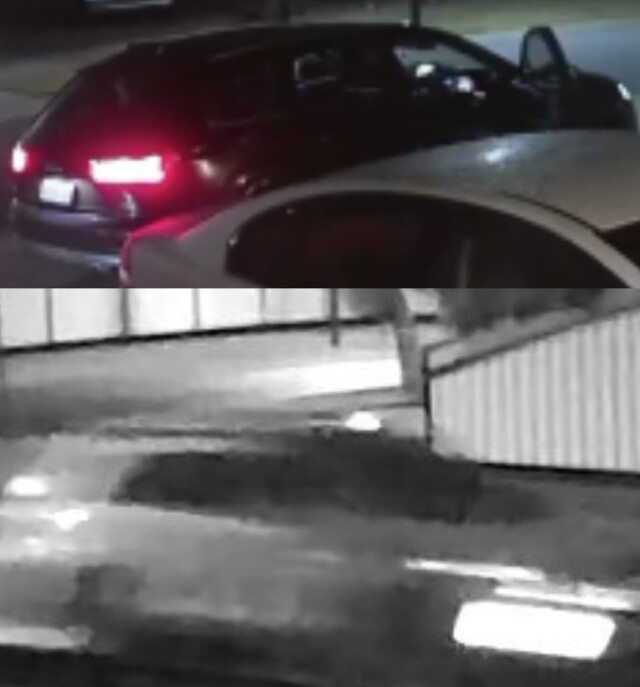
Armed offenders wanted after Sth East spree
Armed offenders have been allegedly involved in a series of linked incidents at homes across the South East, police say. Three unknown offenders entered a…

